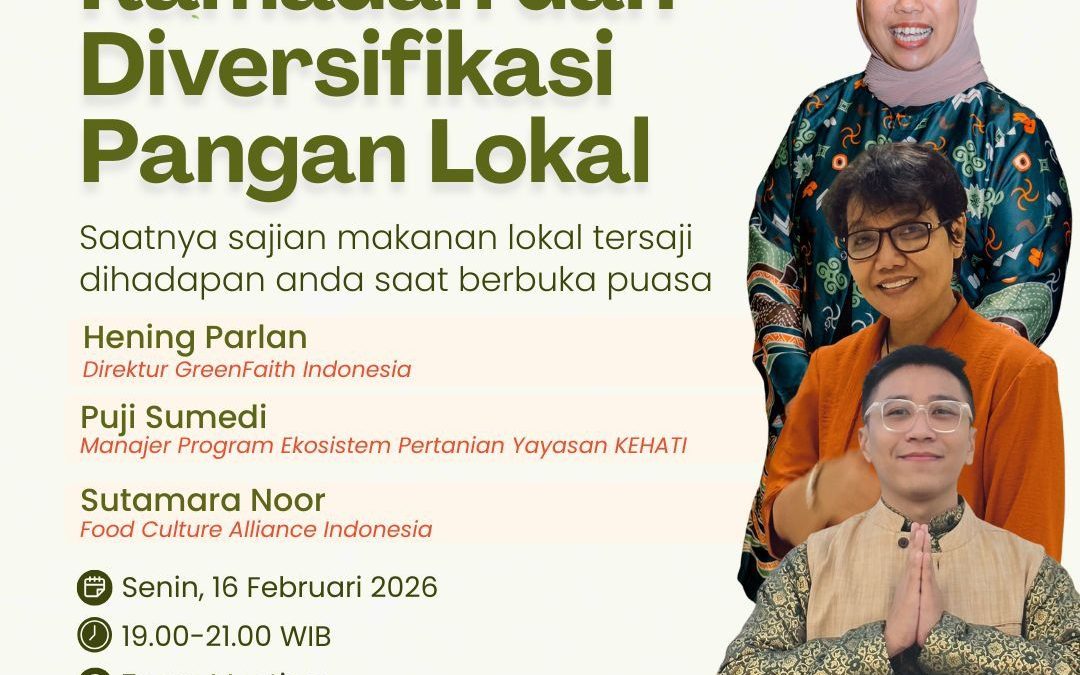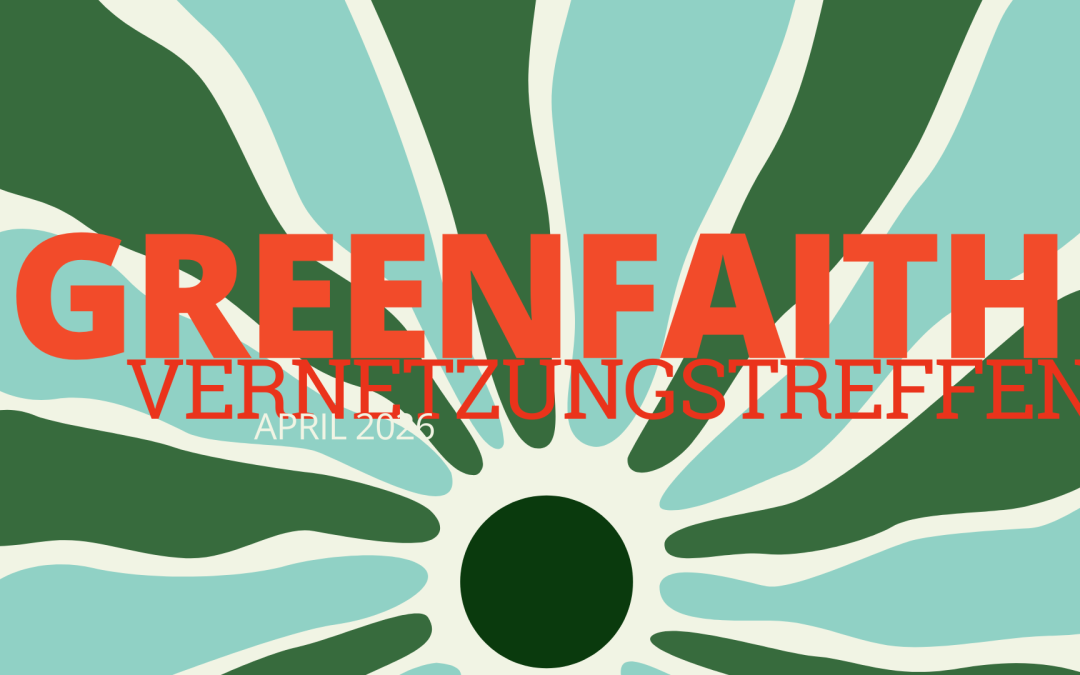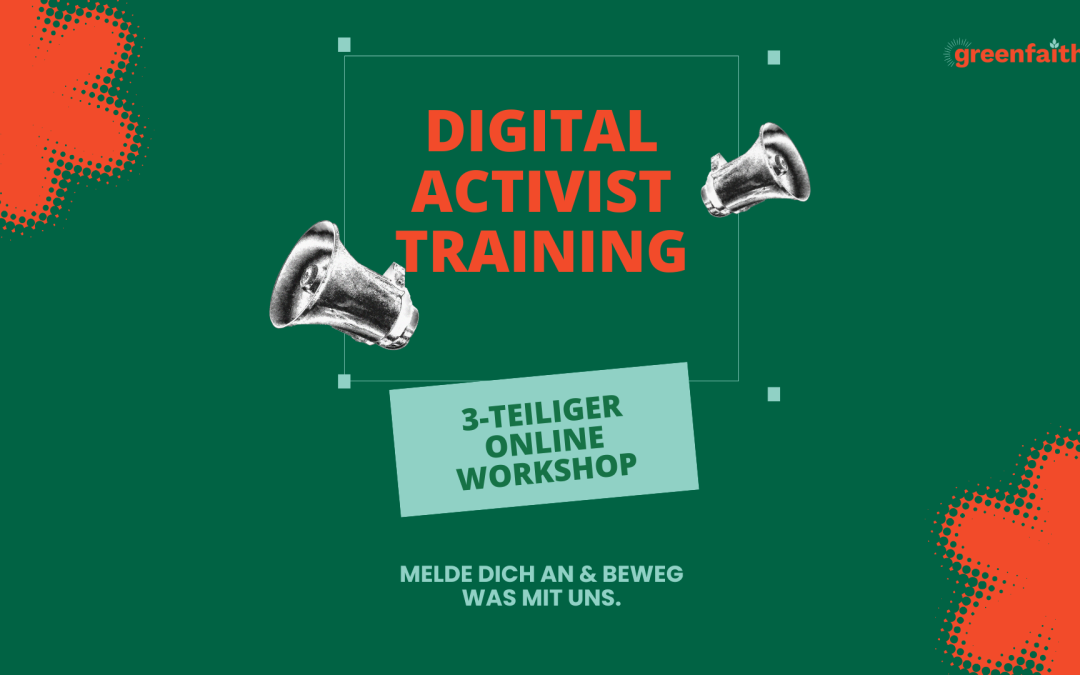As world leaders prepare to gather in Dubai for the upcoming COP28 climate negotiations, they face a profound moral test. Will they take courageous action to protect vulnerable frontline communities suffering climate impacts? Or will short-term economic interests again take precedence over justice and human dignity? As someone working in a grassroot multi-faith space, I believe COP28 must advance climate equity and justice.
The climate crisis raises profound moral and ethical questions. As global emissions destabilize the Earth’s climate systems, the consequences are felt most severely by marginalized communities in low-income nations. Entire ways of life are under threat. The crisis amplifies existing injustices and inequalities. Faith traditions are clear – we have a sacred duty to protect the poor and vulnerable. And if there has ever been a time to demonstrate moral leadership, that time is now – and the window is fast closing.
It is common knowledge that people who have done the least to create climate change suffer the most from the impact. This continues because these voices are not adequately represented in the spaces where climate change negotiations are taking place, such as the UN Climate Change Conference (UNCCC). Previous COPs have not delivered much for this critical group of people.
So, it’s not surprising that there is a growing fear that COP28 in Dubai may end up being yet another Wall Street for business deals of the fossil fuel industry and promote greed, business as usual and the failure of international climate negotiations to adequately address the needs of the impacted grassroots and frontlines communities.
It is, therefore, essential to ensure frontline voices are heard in the coming COP process. Particularly grassroots women who often bear the heaviest burdens, yet systemic barriers prevent their full participation. In the East African Crude Oil Pipeline (EACOP) context, women are particularly vulnerable. The pipeline will displace thousands of people, many of whom are women. The pipeline will also cross through sensitive ecosystems, which will have a devastating impact on women’s livelihoods. In fact, a recent report by my organization, GreenFaith, aptly titled: As if Nothing is Sacred revealed how the pipeline has desecrated graves, and this has impacted women, especially the widows, severely.
For example, when collecting testimonies for the report, a grieving widow from Uganda told of her husband’s body being forced into a small coffin by breaking his bones, despite begging for a proper time to prepare, “I begged them to give me time to at least get some of his relatives to give him a proper send-off, but they refused, threatening to leave me to deal with the government if I didn’t cooperate, and I had to rebury my husband alone.” she painfully narrated in one of our meetings.
These kinds of injustices make me realize we can’t let important platforms like the COPs have the usual busybodies if we want meaningful engagement. I, therefore, call on the COP Presidency to provide sponsorship for community representatives to attend and have worthwhile engagements and to appoint women climate leaders to prominent roles.
The COP28 negotiations must deliver on long-delayed promises – especially financing for Loss and Damage. Developed nations have a responsibility to help communities recover from climate disasters. This is not charity, but justice.
Beyond COP28, faith communities can and must do more to support climate justice. We will raise our voices to demand bolder action from political leaders. We will emphasize our sacred duty of environmental stewardship. And we will mobilize relief efforts for those whose lives and livelihoods are threatened. People of faith cannot remain indifferent – we must act with compassion.
Climate change is not just a scientific issue but a moral crisis. The choices made at COP28 will reverberate for generations. Will short-term greed prevail, or will we take the path of justice, equity and care for our common home? I pray that leaders have the wisdom and courage to protect those most at risk. We cannot delay – the hour is late. Frontline communities are looking to COP28 for hope. We must not fail them.
The author is the Global Director of Organizing, GreenFaith




